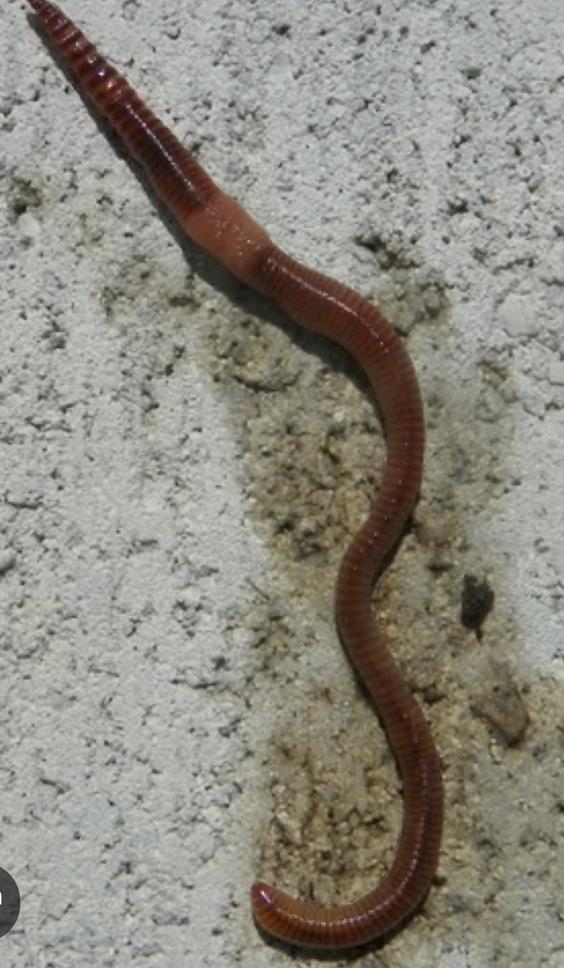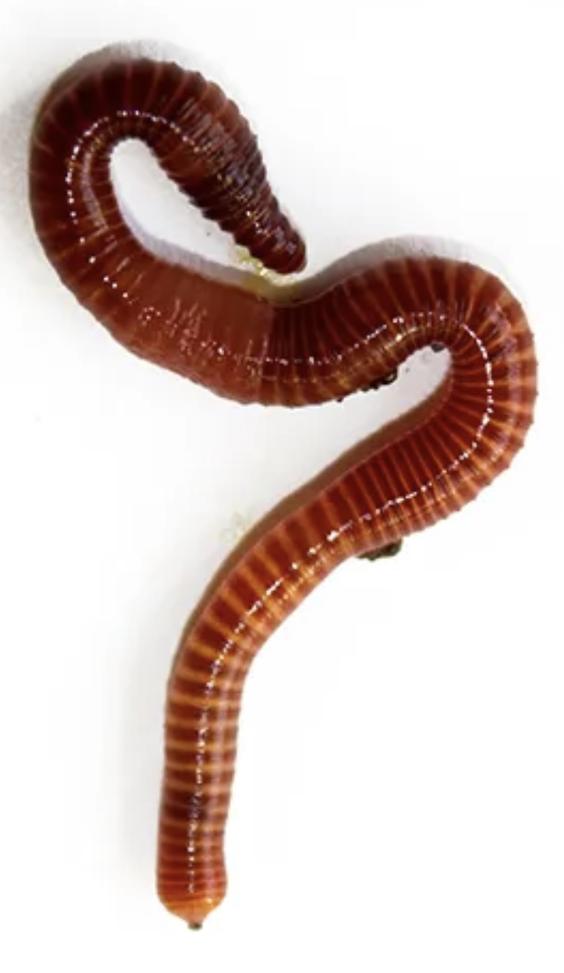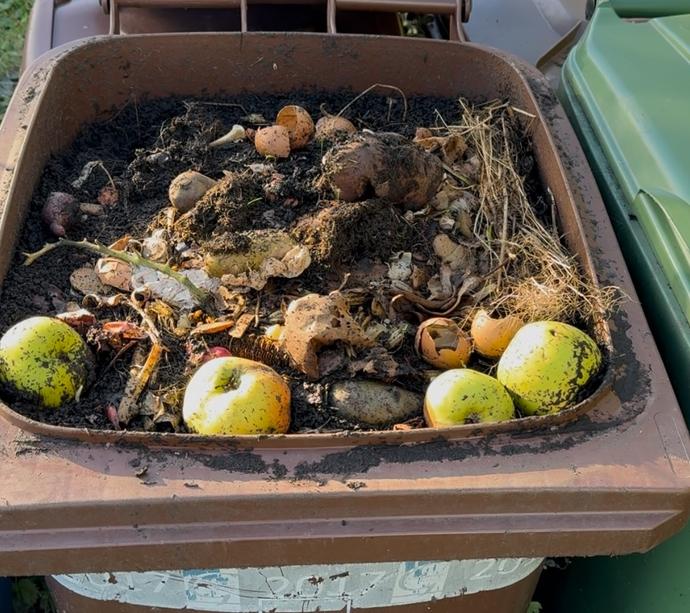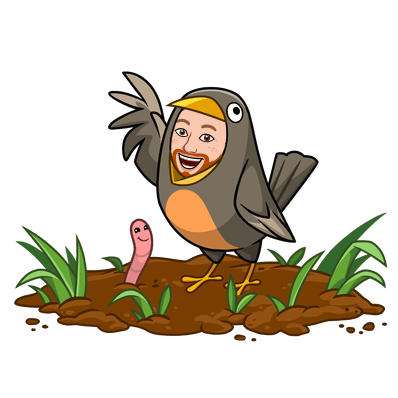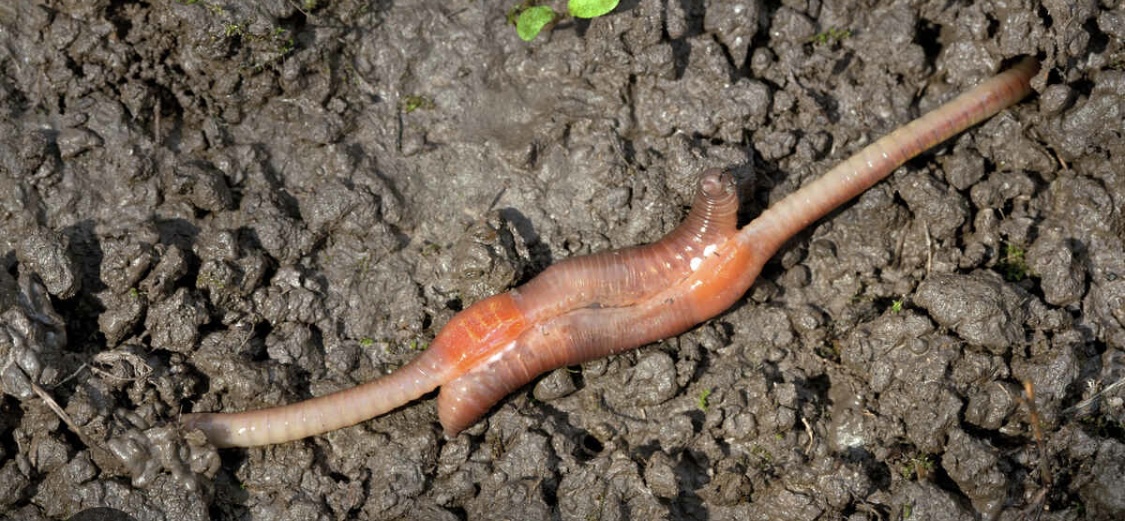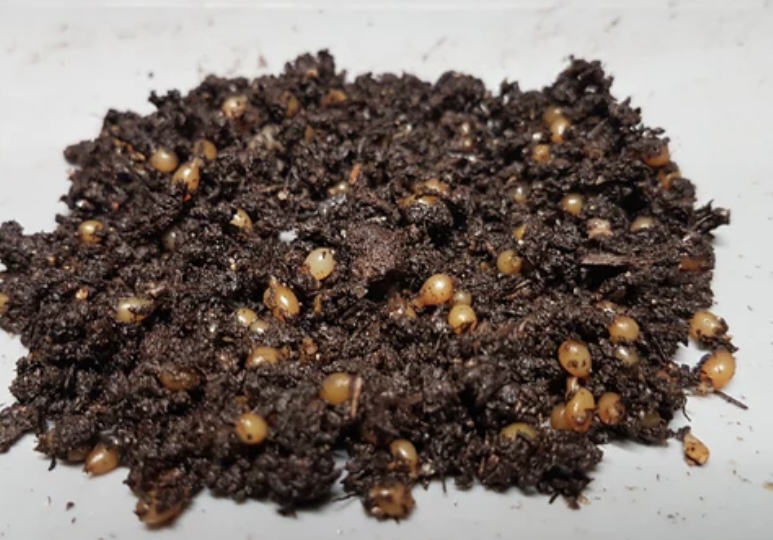+447432855286
Gallery
Explore our worm farm through captivating images of compost production and breeding activities in Pwllheli, Gwynedd.
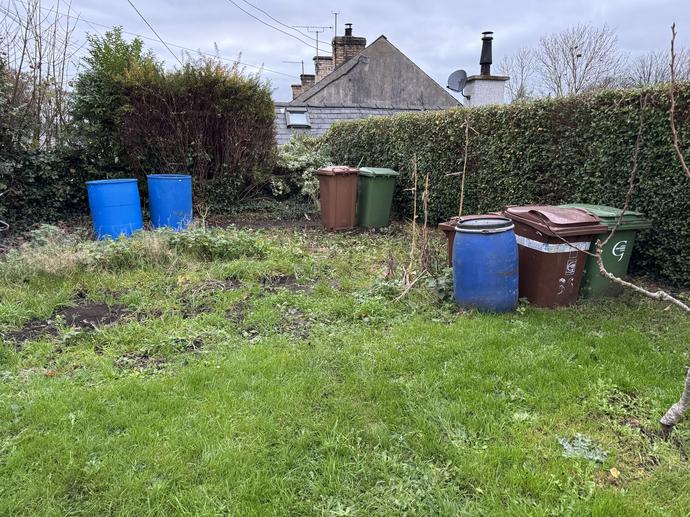
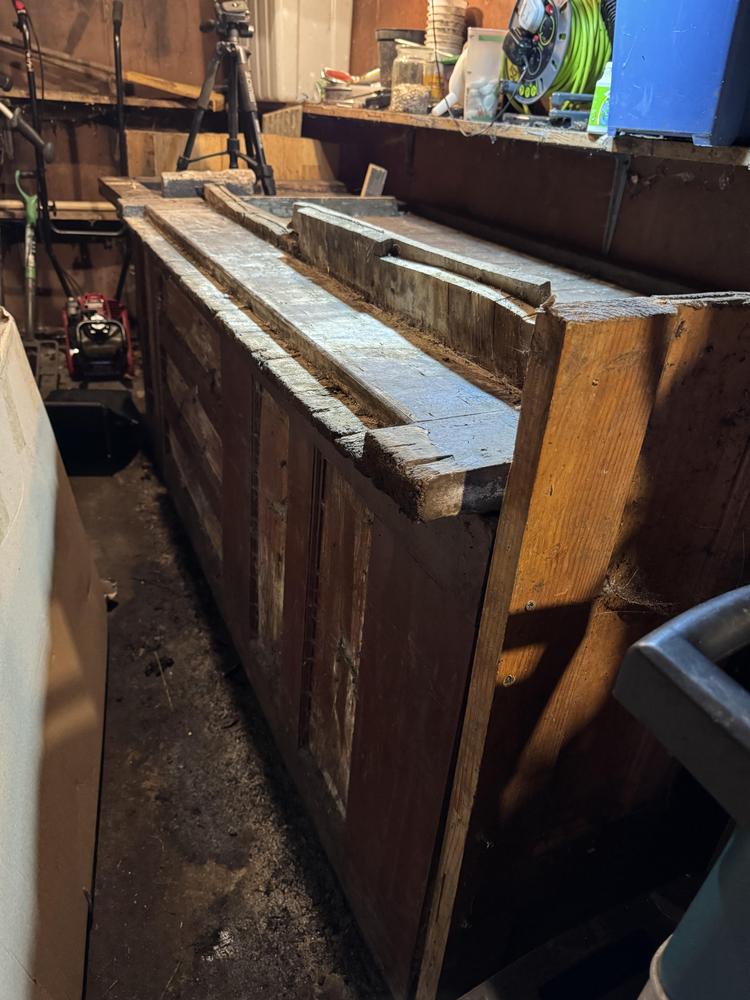
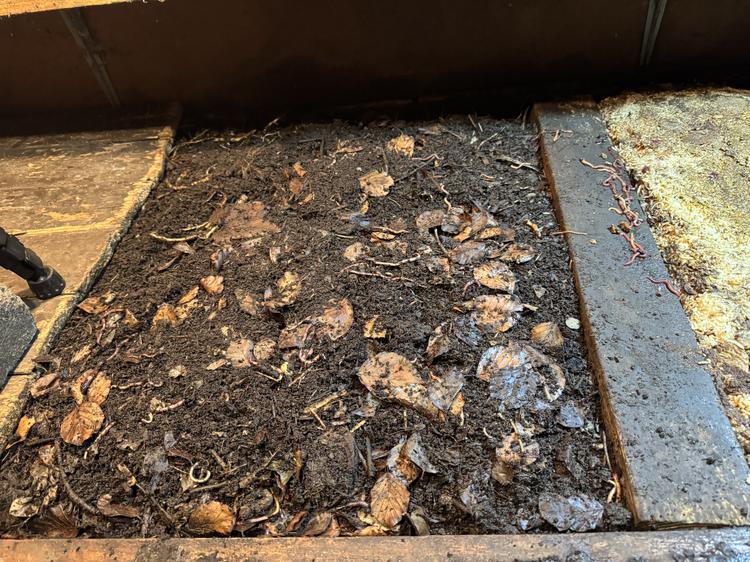
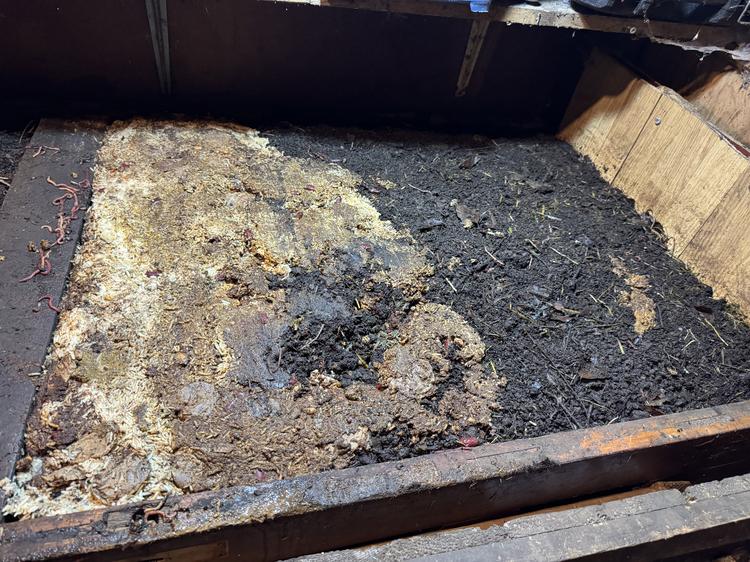
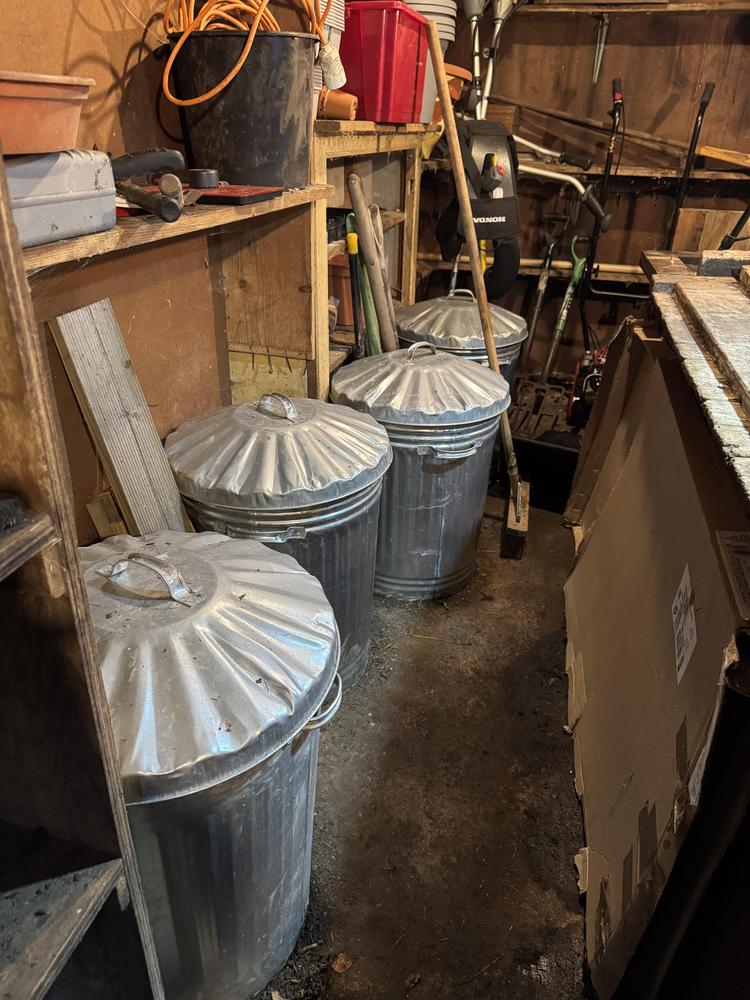
The photo below shows a significant amount of worms in the last feed zone.
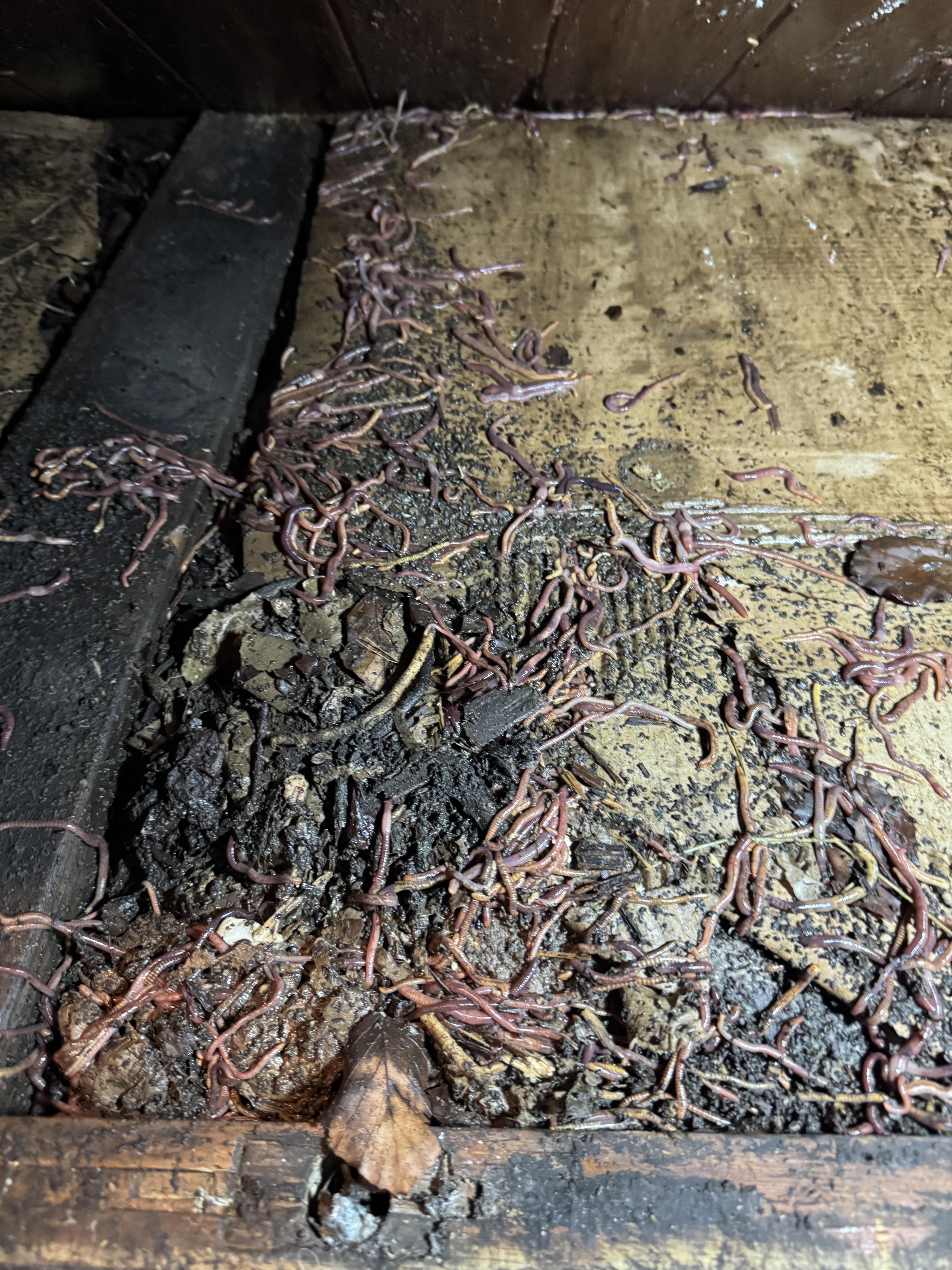
I periodically assess the compost by measuring its pH levels, checking the moisture content, and observing how efficiently the worms are processing the food and garden waste I provide. This ensures that the compost is healthy and nutrient-rich for use in gardening.
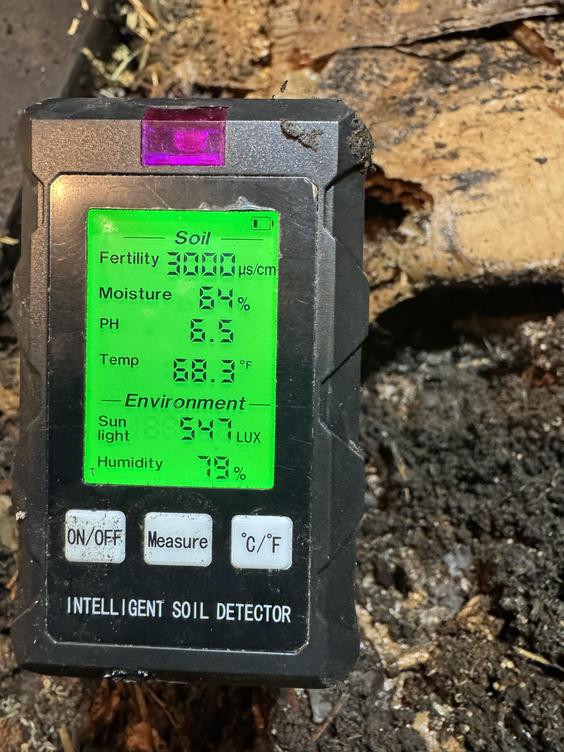
Worm Farming in Visuals
Explore the fascinating world of our vibrant worm farm, where we utilize two incredible species that are essential to our operation: the European nightcrawler worms (Eisenia hortensis) and the Eisenia fetida worms. The remarkable European nightcrawler is widely known for its impressive ability to burrow deeply into the ground and aerate the soil, making it a fantastic contributor to overall soil health and quality. On the other hand, Eisenia fetida, which is often referred to as the red wiggler, excels at composting organic waste efficiently and effectively, resulting in nutrient-rich vermicompost that enhances garden vitality. Our stunning and breathtaking images beautifully showcase the vibrant ecosystem we nurture, the premium compost we produce, and the advanced breeding techniques we implement, all of which underscore our unwavering dedication to sustainability and environmental stewardship here at Owain's Worm Farm.
